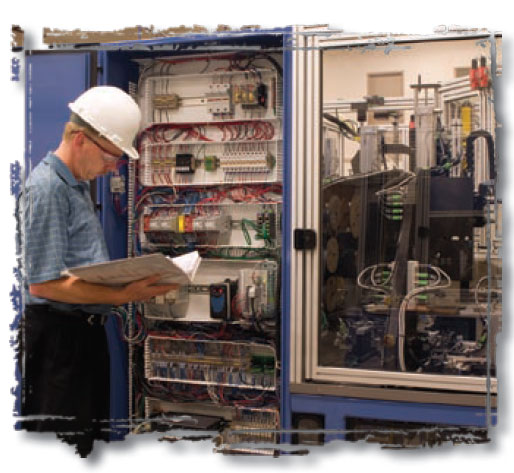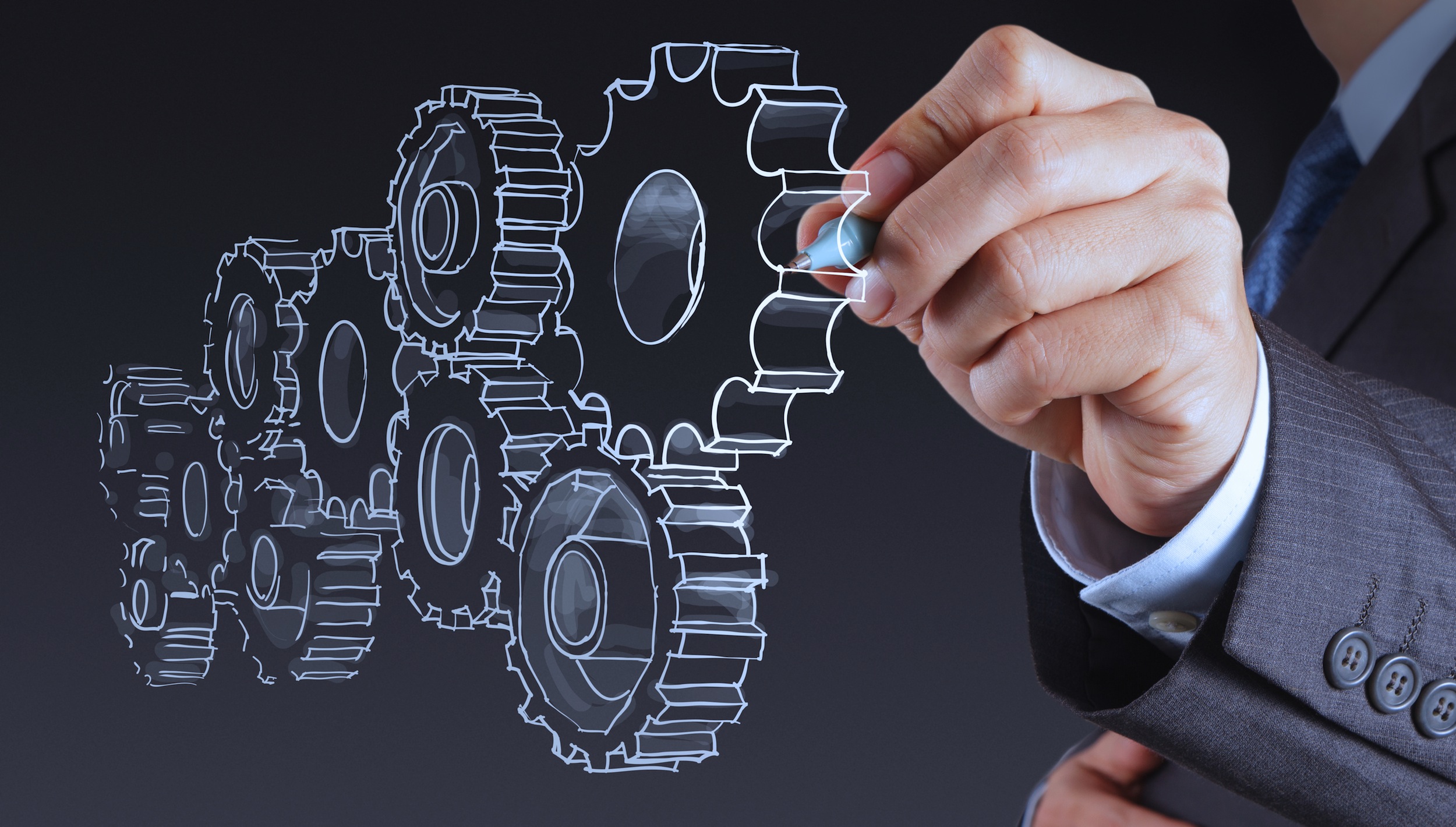Certificate Electrical & Instrumentation Courses in

Electrical Engineering Fundamentals for Facilities Engineers
About this Training Course:
This course applies fundamental electrical engineering principles to oil and gas facilities. The course is designed for Facilities Engineers who interface with electrical systems and provides practical insight and development of new Facilities Electrical Engineers. Through the use of individual and group problem solving, attendees will learn about power transformers, motors, generators, one-line diagram interpretation, protection and coordination of electrical equipment, site and standby generation, electrical safety, and hazardous areas identification. Participants will gain a better understanding of electrical power systems in oil and gas facilities.
Who is this Training Course for?
Those facilities personnel who interface with facility electrical power systems, including project engineers, operation leads, instrumentation, controls personnel, and electrical engineers who are new to electrical power systems within oil and gas facilities.
How will this Training Course be Presented?
Participants on this SHALE training course will receive a thorough training on the subjects covered by the course outline with the Tutor utilising a variety of proven adult learning teaching and facilitation techniques. Furthermore:
- Course manual
- PowerPoint presentations,
- Videos
- Competency assurance tests including pre-assessment and post-assessment tests

Details of this Training Course
- Fundamental concepts of electricity including voltage, current, resistance, power, inductance, capacitance, and power factor
- The key components of facilities electric power distribution, which include circuit arrangements, low and medium voltage switchgear, and single-phase and three phase schemes
- Transformer operations, components, turns and voltage ratios, losses, efficiency, rating, and connections
- The difference between direct current, induction and synchronous current motors, motor enclosures, and how to select, start, protect, and control motors
- The principles of protecting electrical equipment, including time current curves, fuses, circuit breakers, and coordination
- The purposes and sizing criteria for backup power, including generators and UPS power systems
- The considerations and sizing criteria for on-site power generation, which includes standby, prime, peak, and co-generation
- What grounding and bonding systems are, with an overview of ignition sources, shock protection, separately derived systems, and substation grounding
- The concepts, terminology and application of hazardous area classification standards, equipment protection methods, and installation requirements for NEC and IEC projects
Course content
- Fundamentals of insulation and conduction
- Direct current, alternating current
- Motors induction and synchronous
- Power distribution
- System protection and coordination
- Standby power systems
- Power generation
- Variable speed drive principles
- Grounding, bonding, and electrical safety
- Hazardous area identification
Certificate Course in Instrumentation and Controls Fundamentals
About this Training Course:
This course applies fundamental instrumentation and control engineering principles to oil and gas facilities design and operation and is designed to accelerate the development of new Facilities Instrumentation and Control Engineers. Through the use of individual and group problem solving, attendees will learn about field measurement devices, valves and actuators, documentation, programmable logic controllers, power supplies, PLC, SCADA, DCS, SIS, .
Who is this Training Course for?
Facilities and Project Engineers as well as newly graduated Electrical, Controls and Instrument Engineers (0-5 years) with a need to improve basic understanding of instrumentation and control systems within oil and gas facilities.
How will this Training Course be Presented?
Participants on this SHALE training course will receive a thorough training on the subjects covered by the course outline with the Tutor utilising a variety of proven adult learning teaching and facilitation techniques. Furthermore:
- Course manual
- PowerPoint presentations,
- Videos
- Competency assurance tests including pre-assessment and post-assessment tests

Details of this Training Course
- Operating principals and specification criteria for field measurement devices including level, pressure, temperature, and flow
- Final elements and actuators including control loops, control valves, shutdown valves, actuators, and transducers
- P&ID symbols and instrument tags, loop and logic diagrams, pitfalls and best practices, ISA symbology, and creation of instrument and I/O lists
- Signal types and wiring requirements for analog/discrete inputs and outputs as well as other signals such as thermocouple, RTD, pulse, and digital communications
- Typical control system functions, limitations, and architectures for PLC and DCS systems including programming methods such as ladder logic and function block
- Process control basics with an emphasis on control loops, types, and configurations for common oil and gas process equipment such as separators, pumps, distillation towers, filters, contactors, compressors, heat exchangers, and fired heaters
- Understanding of the PID algorithm, loop tuning, and advanced process control techniques such as feed forward, cascade, selective, and ratio control
- Supervisory Control and Data Acquisition (SCADA) Systems to include telemetry, RTUs, internet, and web based communications
- Common networking systems including Ethernet, Modbus, and Fieldbus
- Risk mitigation, technologies, and architecture of Safety Instrumented Systems (SIS)
- The concepts, terminology, and application of hazardous area classification standards, equipment protection methods, and installation requirements for NEC and IEC projects
Course content
- Fundamentals of control signals and wiring
- Control system basics
- Field measurement devices
- Control and shutdown valves
- Programmable electronic systems (PLC, DCS, SIS, SCADA)
- Control system networking
- Instrumentation and control strategies for common oil and gas equipment
- Installation and infrastructure requirements
- Drawings and documentation for IE&C projects
- Hazardous area installations